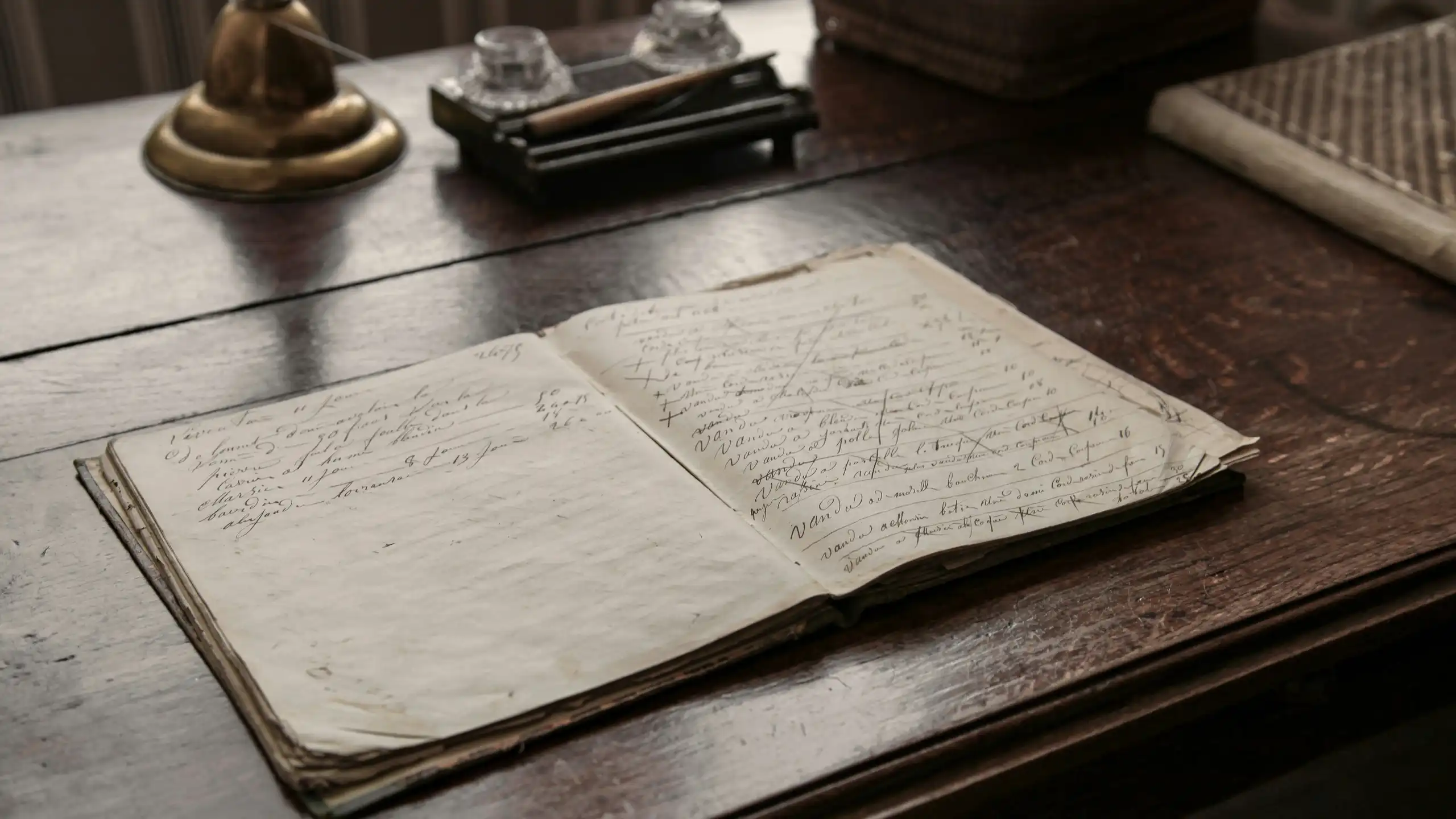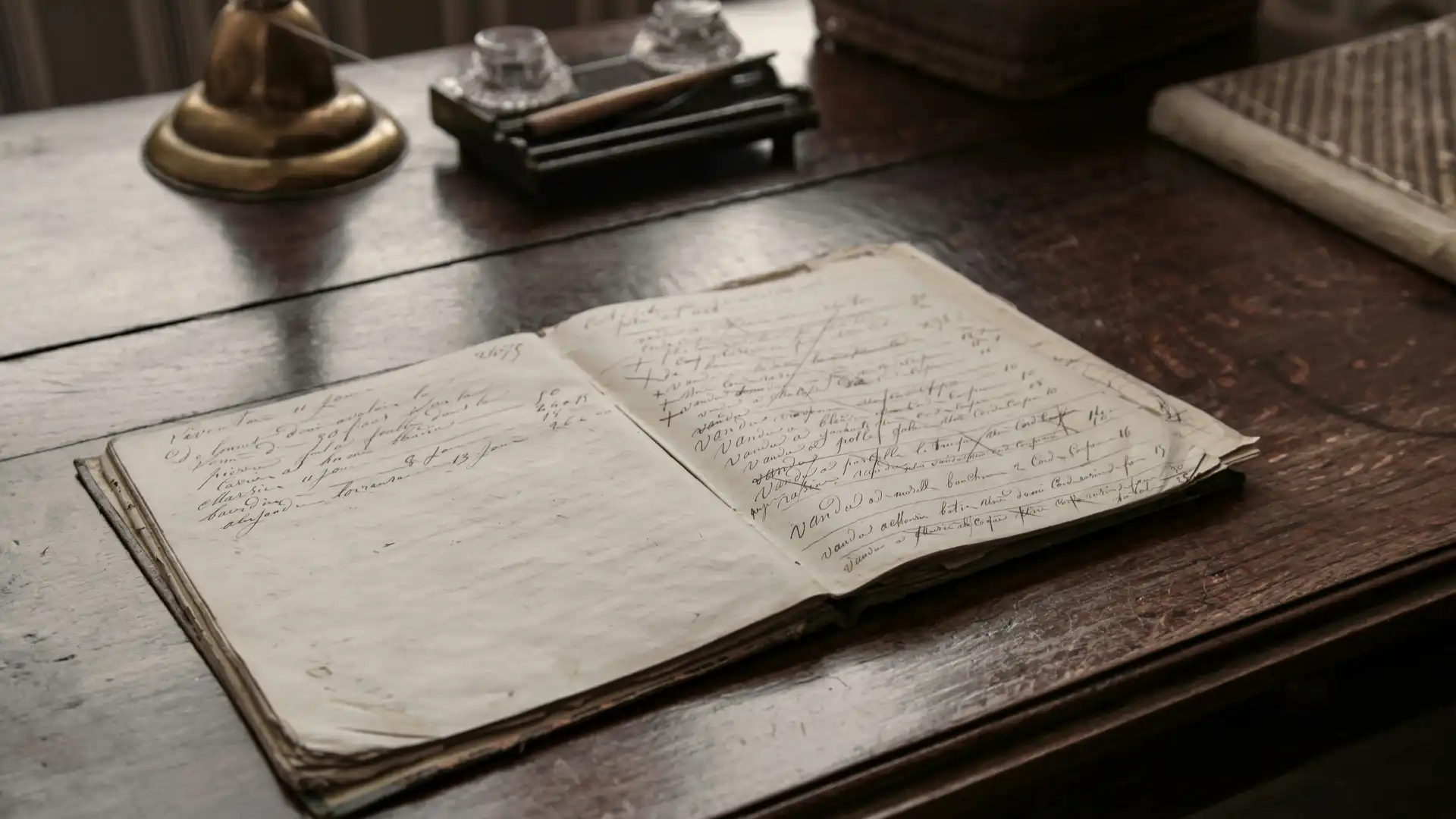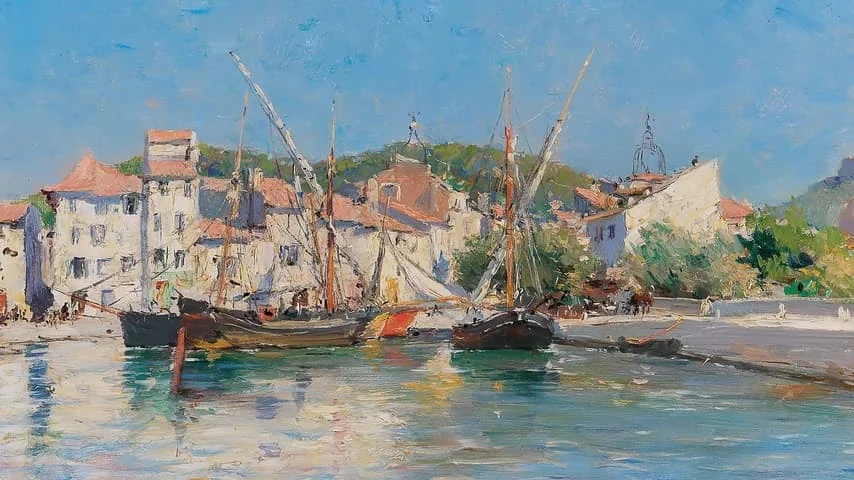Charles Spurgeon said:
I must confess that I think it a most right and excellent thing that you and I should rejoice in the natural creation of God. I do not think that any man is altogether beyond hope who can take delight in the nightly heavens as he watches the stars, and feel joy as he treads the meadows all bedecked with kingcups and daisies. He is not lost to better things who, on the waves, rejoices in the creeping things innumerable drawn up from the vasty deep, or who, in the woods, is charmed with the sweet carols of the feathered minstrels.
He went on to say:
I confess I have no sympathy with the good man, who, when he went down the Rhine, dived into the cabin that he might not see the river and the mountains lest he should be absorbed in them, and forget his Savior. I like to see my Savior on the hills, and by the shores of the sea. I hear my Father’s voice in the thunder, and listen to the whispers of his love in the cadence of the sunlit waves. These are my Father’s works, and therefore I admire them, and I seem all the nearer to him when I am among them.
He then made these remarks:
If I were a great artist, I should think it a very small compliment if my son came into my house, and said he would not notice the pictures I had painted, because he only wanted to think of me. He therein would condemn my paintings, for if they were good for anything, he would be rejoiced to see my hand in them. Oh, but surely, everything that comes from the hand of such a Master-artist as God has something in it of himself! The Lord doth rejoice in his works, and shall not his people do so? He said of what he had made, “It is very good;” and he cannot be very good himself who thinks that which God makes is not very good. In this he contradicts his God. It is a beautiful world we live in…
— Charles Spurgeon, “God Rejoicing in the New Creation,” The Metropolitan Tabernacle Pulpit, Vol. 37, Sermon 2211.



